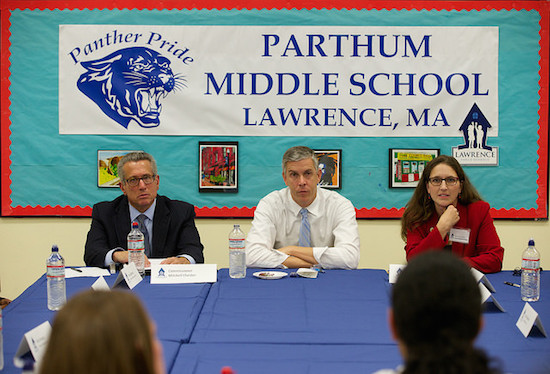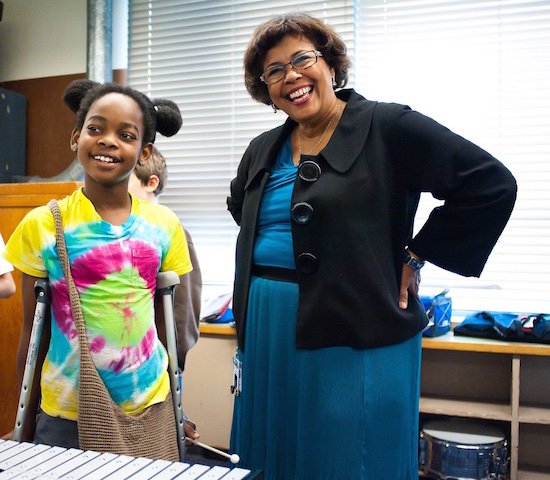How to Excel as a New Middle Level Principal
By Ron Williamson and Barbara R. Blackburn
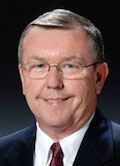 A new principal experiences a range of emotions. They’re elated at the opportunity but often face culture shock at many of the responsibilities associated with the position. Coping with the “shock of the new” is critical for leaders and for their schools.
A new principal experiences a range of emotions. They’re elated at the opportunity but often face culture shock at many of the responsibilities associated with the position. Coping with the “shock of the new” is critical for leaders and for their schools.
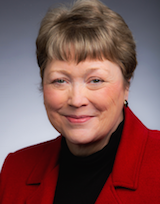
Principals hold many different roles. They are expected to maintain a safe school, manage the budget, handle student discipline, supervise and evaluate personnel, and at the same time improve instruction and assure a high quality educational experience for every student.
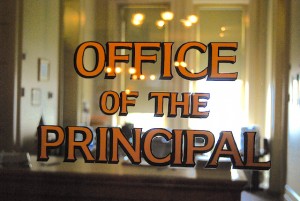
That leads to pressure to keep doing the same things the community has come to accept at the school.
Perhaps the biggest challenge is the transition for many new principals from working with teachers as peers and colleagues to working with them as a supervisor. Leading from a school-wide perspective, rather than the perspective of a single classroom teacher, is a significant transition.
Indeed, some new principals find themselves shunned by former colleagues and no longer invited to the same set of social activities they were previously. More culture shock.
6 Tips: The best advice for new principals
There are literally dozens of lists of suggestions and tips for principals, many prepared by the major professional education leadership associations. There are many commonalities in this advice and the tips can be organized into six broad categories that help new principals with their professional as well as personal growth.
Tip #1: Have An Entry Plan
Teachers and principals know that the first day of school is important in setting the stage for the year. Similarly, new principals need a plan for how they will enter their new school. There is never a second chance for entry, and it’s important to be clear about the vision for your school, the relationships within your school community that you want to nurture, the messages you want to communicate, and the priorities you’ll set for both you and your school. Specifically, a good entry plan includes:
- A plan for semi-structured conversations with teachers, staff and parents to learn about the school’s strengths and opportunities for growth.
- Time to meet families and share the vision for your school.
- A review of student achievement data, school improvement plans, policies and other budgets.
- Meetings with district leaders to learn about district priorities and initiatives.
- A design to share your vision and entry plan with teachers, staff, students and families in your school community and how it links to overall school improvement.
Tip #2: Maintain Personal Integrity
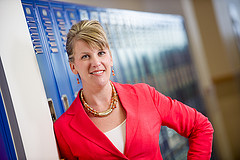
- Being clear with yourself and others about what you value and believe.
- Telling the truth and keeping your word.
- Acting in ways that are consistent with espoused beliefs and values.
- Being honest, ethical and compassionate in your work with others.
Tip #3: Nurture and Sustain Positive Relationships
Central to the success of a new school leader is the quality of the relationships that exist among the adults and between the adults, students and families. Effective principals recognize the importance of nurturing and cultivating positive relationships with both their staff and students. Specifically, they:
Treat everyone with respect, kindness and tolerance.
- Take time to know their staff and their students well.
- Are visible and accessible in their school community. They spend time where teachers, students and families are present – in hallways, classrooms, cafeterias, when student arrive and depart.
- Are good listeners and open to advice, feedback, criticisms and accolades.
Tip #4: Strengthen and Refine Leadership Skills
It’s easy for new principals to be consumed with management tasks, things like making sure buses run on time or that supplies are ordered. But their primary responsibility is instructional supervision and assuring a productive school culture. Good principals:
- Value the thinking of others and consult widely before making decisions.
- Always make decisions with consideration for those involved.
- Develop time management strategies to balance their instructional role with the demands of managing a school.
- Find time to visit classrooms and get to know their school’s instructional program.
Tip #5: Sustain Positive Community and Family Relations
No school is successful without effective communication and good relationships with families. But principals know that families are a very small part of their total community. Therefore, they create networks that allow them to advocate with key constituents and influential policy makers whose support is critical. Effective principals:
- Build support networks that reach into all segments of the community, tapping into civic, religious, community, service, or other youth-serving organizations to advocate and build support for their school.
- Talk with and learn from those who can share the history of their school and its role in the community.
- Meet with both supporters and critics of the school to keep lines of communication open and build collaborative relationships.
Tip #6: Balance Personal and Professional Responsibilities
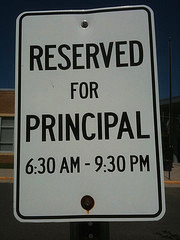
- Recognize that they don’t know everything and are confident enough to seek advice when needed.
- Create a healthy support system for themselves. They assure that they have a mentor, or close friend, with whom they can share their feelings, seek advice and counsel, and trust to maintain confidentiality.
- Build networks for their continued learning. Those networks may be virtual such as a Personal Learning Network, or face-to-face.
- Read widely and stay current on trends shaping education in their own community, state and nation.
More help for new principals
There are lots of online articles offering suggestions for new principals. Here are 10 we found to be most helpful.
► 20 Valuable Tips for New Principals
Borelli – NAESP (2007)
► Open Letter to Principals: 5 Leadership Strategies for a New Year
Sheninger – Edutopia (2011)
► Tips for New Principals
Education Update, ASCD (2005)
► 15 Tips for New Principals
Carozza – Connected Principals (2012)
► Five Things New Principals Need to Succeed
Szachowicz & S. Wolder – ASCD Express (2014)
► Take Care of Your People, and They Will Take Care of You
Castle – ASCD Express (2014)
► Veteran Principals Offer Advice to New Colleagues
Education World (2014)
Images: Flickr Creative Commons
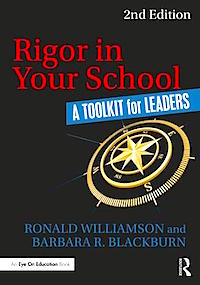
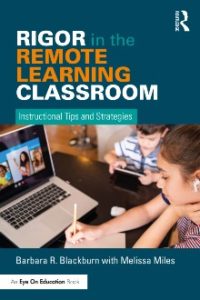

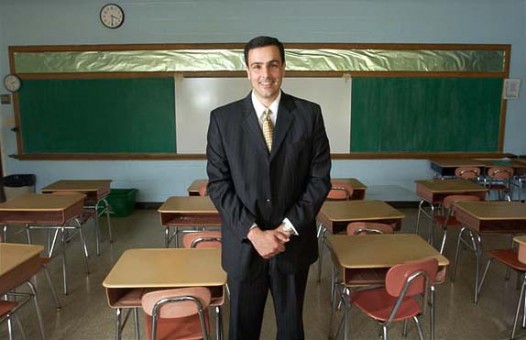
 Treat everyone with respect, kindness and tolerance.
Treat everyone with respect, kindness and tolerance.